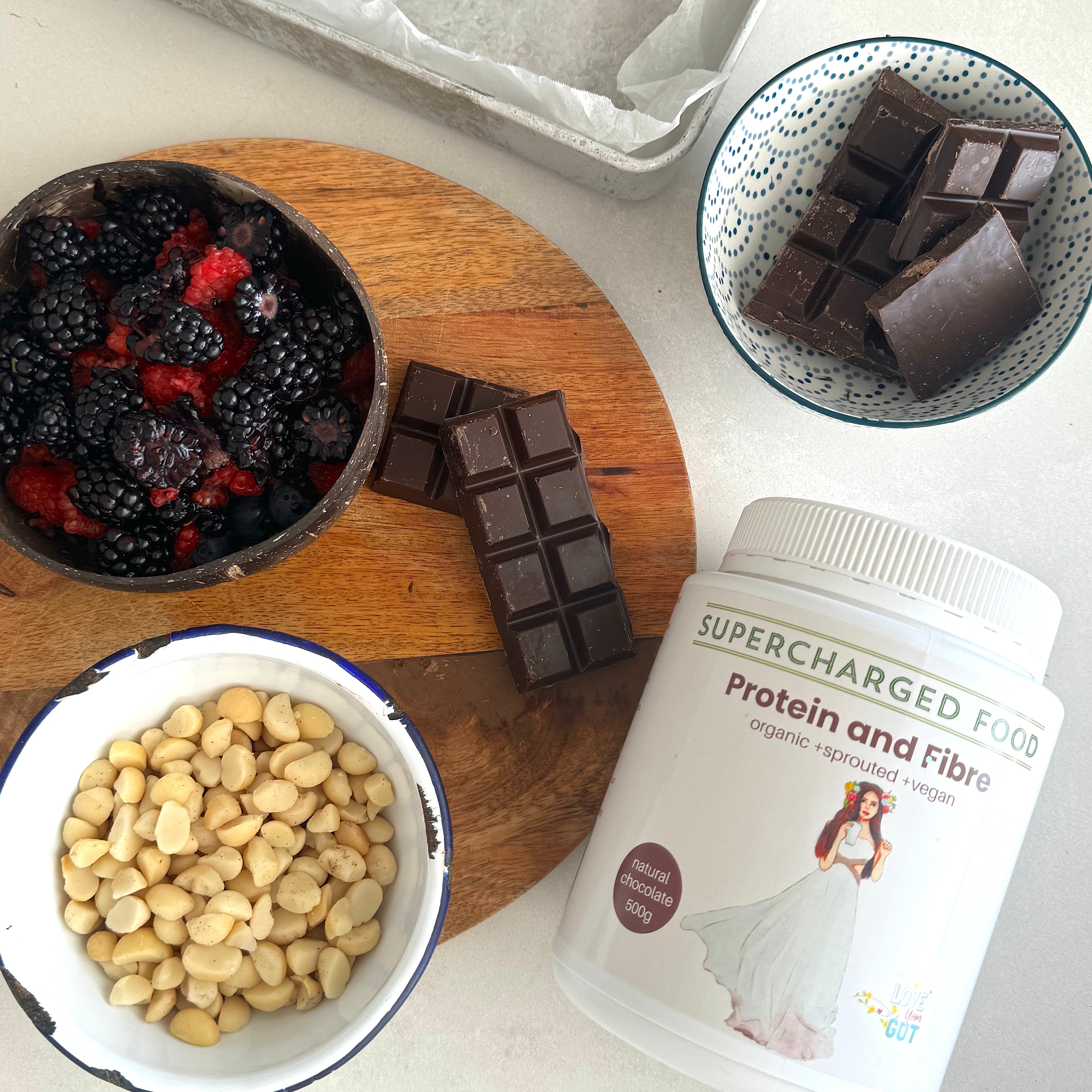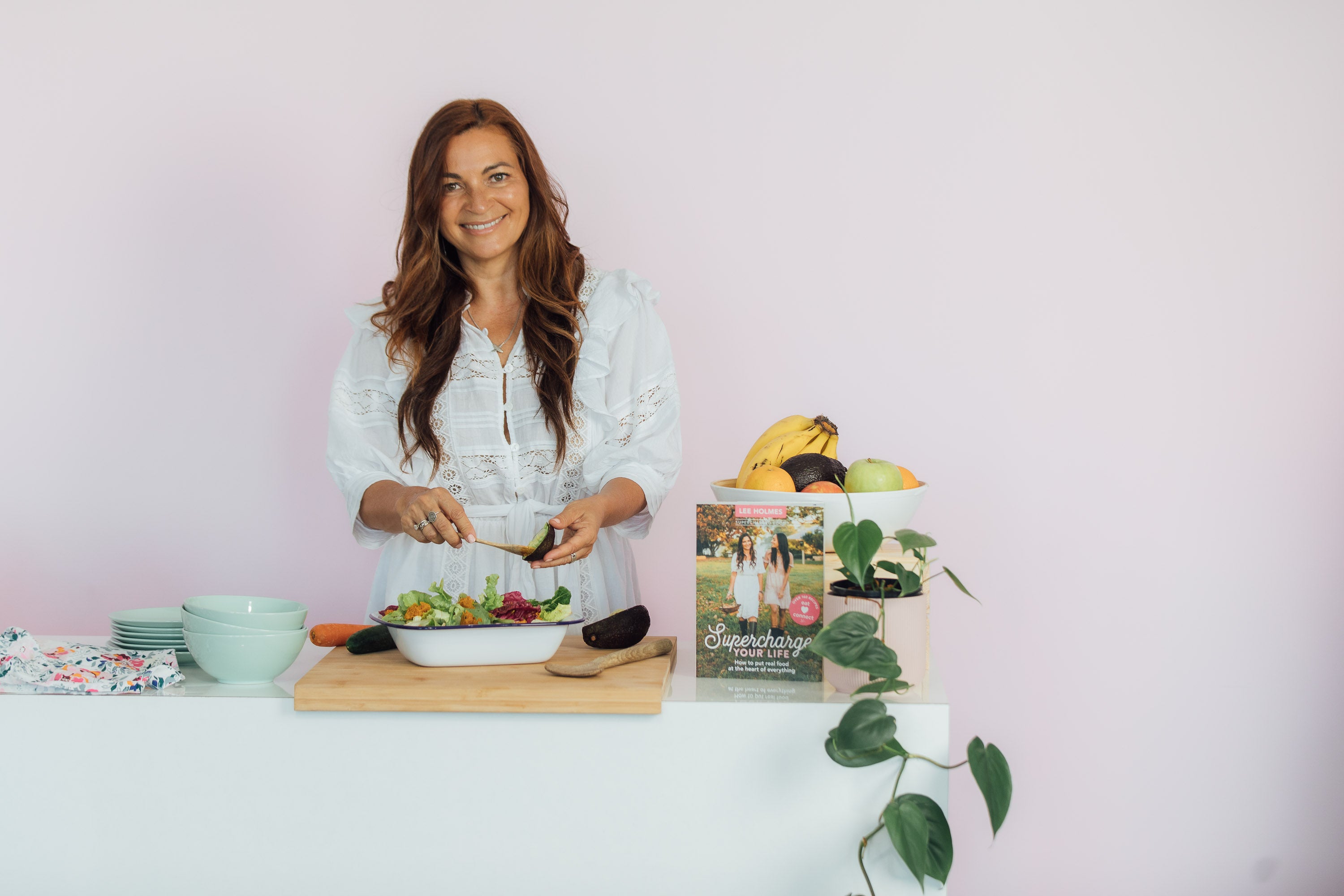Are you tired of struggling with sleeping problems?
Well, it could be your gut to blame!
Scientists are currently unveiling the strong link between the health of our guts and how well we get our zzz's on.
As we all know, sleep is vital to our everyday health and ability to function. Sleep is the time where we can finally switch off, restore our energy and let our cells repair. Having a look into our gut health can actually have a profound impact on a range of psychological functions, regulating the hormones that control sleep and wakefulness and helping shift our circadian rhythms which impacts how tired we are and our sleeping cycle. This means that by looking after our gut, we can improve our sleep! And, who could say no to better sleep and more energy?
The intestinal microbiome plays a key role in the production of serotonin and dopamine; it’s not just a pretty face after all! These hormones are essential in maintaining a healthy mood and regular sleeping patterns. As night-time approaches, your levels of serotonin increase and send signals to your brain to start producing melatonin, the hormone that creates sleepiness. While this is largely controlled by your hormones, your gut also has a crucial role in regulating your circadian rhythms. It’s been found that healthy bacteria can produce serotonin and stimulate intestinal cells, meaning the healthier your gut is, the better your sleep is.
In opposition to this, a deficiency of melatonin is connected with increased intestinal permeability. While sleep is the time where we grow, repair and recharge – we need to go into a ‘deep sleep’ to do so. This can take up to four hours to get into, and only 25% of sleep is actually spent in this ideal stage. That’s why we go on and on about getting at least 8 hours of sleep – to make sure you get enough ‘deep sleep’.
Have you ever been in bed with your eyes wide-open, worrying about the little thing you once said four years ago to an acquaintance that literally won’t let you fall asleep? Sometimes, it can be blamed on your gut as an imbalanced microbiome can play a role in anxiety, depression and emotional stress. All of these can have a profound impact on your sleep.
An unhealthy balance of microflora can also cause an increase in our perception of pain therefore, if we minimise our negative microflora, we can reduce our pain and increase our sleep!
If you're trying to repair your relationship with sleep, you may want to look deeper at your diet. Try to avoid foods that can be irritable to your gut and immune system as these can disrupt your sleep. If you’re a late-night snacker, try to eat early and avoid stimulating, caffeinated or inflammatory foods. Rather, aim for foods that are easy-to-digest and nutrient-dense. Some good foods for dinner to help you get maximum shut-eye include Roasted Cauliflower, Fennel and Ginger Soup, Beef Pho Broth and Chicken and Vegetable Anti-Inflammatory Soup.
The benefits of sleep go beyond and above what have just been said. It can truly make a difference to your quality of life. If you’re tired of counting sheep, here are a few favourite ways to encourage a good sleep cycle. Unwinding by avoiding anything stimulating for at least 20 minutes before bed is key. This includes TV, phones and laptops as they all produce ‘blue light’ which keeps our brains activated and slows down our production of melatonin. Rather, go for books, real-life conversations and journaling.
Regular exercise can assist your energy levels and help you sleep better at night. Don’t exercise too close to bedtime as this can actually interfere with your sleep!
To help you get into that deep sleep that we all crave, your body needs to be cooled down. Try keeping your room cool; we all know snuggling with blankets is way better than sweating underneath the duvet! If your body is naturally at a lower temperature, it’ll spend less time trying to cool down and you’ll fall into a deeper sleep quicker.







Leave a comment